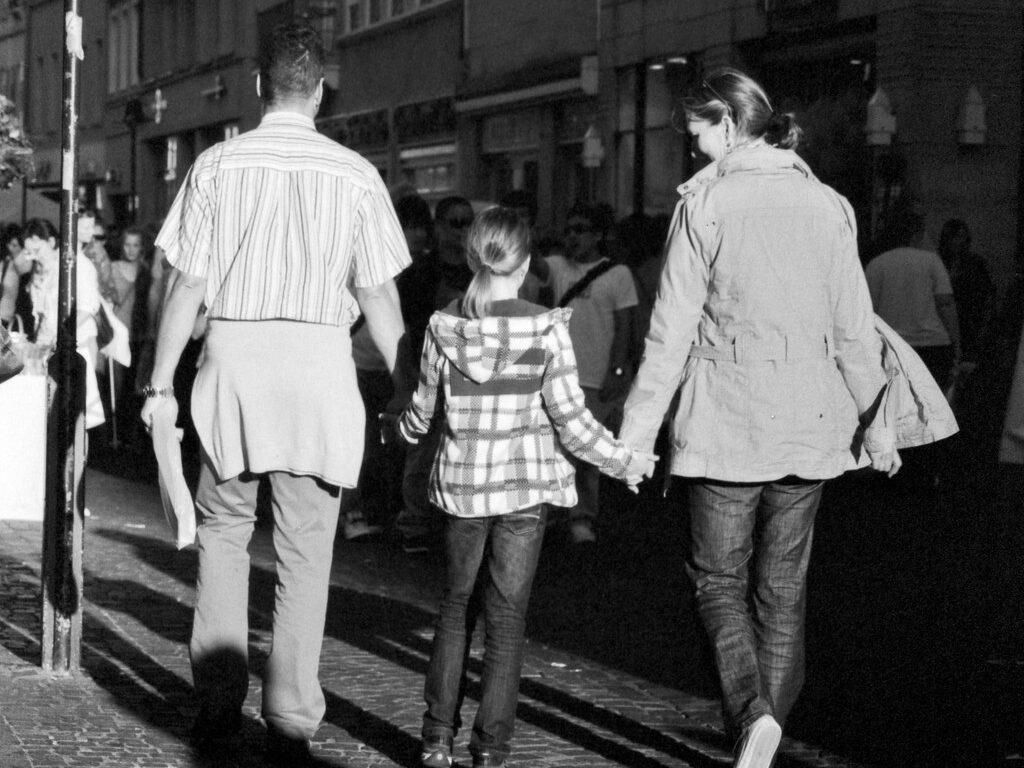
If you grew up with boomer parents, chances are your childhood looked very different from what kids experience today. You probably didn’t think much of it at the time, but looking back, there were clear signs. From how you spent your free time to how problems were handled at home, here are the habits and memories that mark a boomer-raised childhood.
You answered the phone without knowing who it was.

There was no screen to tell you who was calling. The phone rang, and someone, usually you, picked it up. You didn’t ask who it was before saying hello. Sometimes you got a relative, sometimes a wrong number. It didn’t matter. You were expected to be polite and deal with whoever was on the line, ready or not.
You were told to “walk it off”.
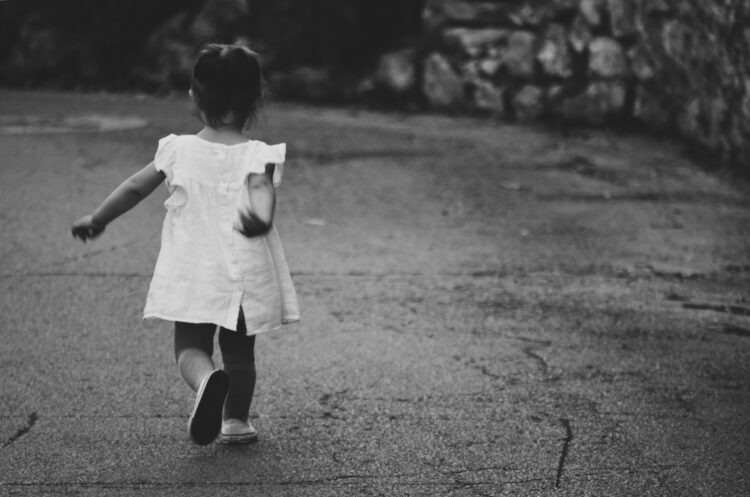
It didn’t matter if you scraped your knee or felt completely overwhelmed—“walk it off” was the go-to advice. Boomer parents weren’t big on discussing feelings or hovering with concern. They believed in getting over things quickly. The idea was simple: keep moving. Whether it was pain or emotion, you learned to push through instead of making a scene.
You spent entire weekends at hardware stores.
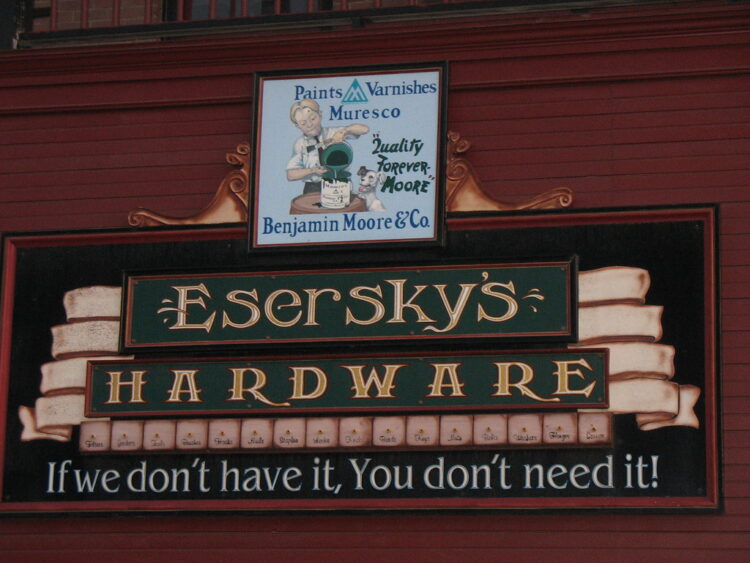
Saturdays weren’t about cartoons or playdates. They were about errands. And somehow, the longest stop was always the hardware store. Your parents browsed slowly—comparing screws, light bulbs, or faucets—while you trailed behind. There were no screens to distract you, no entertainment sections. Just aisles of tools and the constant smell of paint and wood.
You had a landline—and one shared phone for the whole house.

There was one phone for everyone. It was usually in the kitchen or hallway, and if you were talking to a friend, anyone could pick up and listen in. If the phone rang, you raced your sibling to get it. And if you were using it too long? You’d get yelled at to hang up so someone else could make a call.
Fast food was a treat, not the norm.

Grabbing burgers wasn’t a weekly event. It was a reward, something that happened after a sports game or if someone had a coupon. Most meals were homemade, even if they were basic and repetitive. You didn’t order takeout just because you were tired. And if you didn’t like what was cooked? Too bad. You weren’t getting chicken nuggets as a backup plan.
You learned chores before you learned algebra.

Dusting, vacuuming, folding laundry—you were handed tasks before you ever had homework. It wasn’t negotiable. You helped clean the house because that’s just what everyone did. No allowance, no special reward. It was about responsibility, not motivation. You didn’t always do it well, but you knew better than to say no.
You sat through adult conversations without interrupting.
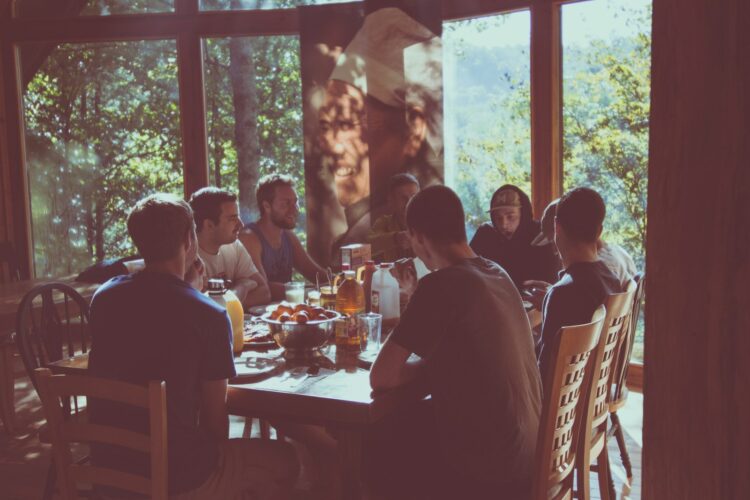
If guests came over, you said hello and then disappeared. If you stayed, you stayed quiet. No interrupting, no correcting, and definitely no chiming in. You weren’t part of the conversation unless someone invited you in. It wasn’t mean—it was just how respect was taught. You learned by listening, not by speaking.
You had to figure things out without Google.

If you didn’t know something, you had to look it up the slow way. That meant digging through a dictionary, flipping pages in an encyclopedia, or asking someone older. There was no typing half a question and getting instant answers. You either worked it out or waited for help the next day.
Your parents didn’t explain every rule.

“Because I said so” wasn’t a joke—it was a full answer. You were expected to follow rules without asking why. That didn’t mean your parents were being mean. It just meant they believed in structure and authority. Whether it made sense to you or not didn’t matter. And if you broke the rule, there were consequences—no debates, no discussions.
You drank from the hose and survived.

Thirsty outside? You turned on the hose. No one is worried about bacteria or filter quality. It was cold, it was nearby, and it worked. You didn’t ask for a bottle or a fancy cup. And if your hands were dirty or you scraped your leg, that same hose doubled as first aid. It was just part of being a kid—unfiltered, unbothered, and fine.
You waited all week for your favorite show.
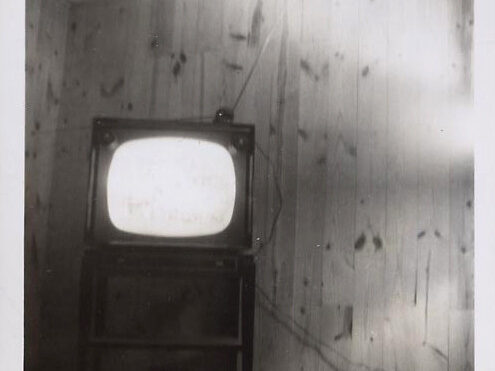
There was no watching whenever you felt like it. Shows came on at a set time. If you missed it, you missed it. Commercials couldn’t be skipped, and you couldn’t pause anything. You just waited, watched, and talked about it the next day. It made TV feel special, not just background noise.
You never wasted leftovers.
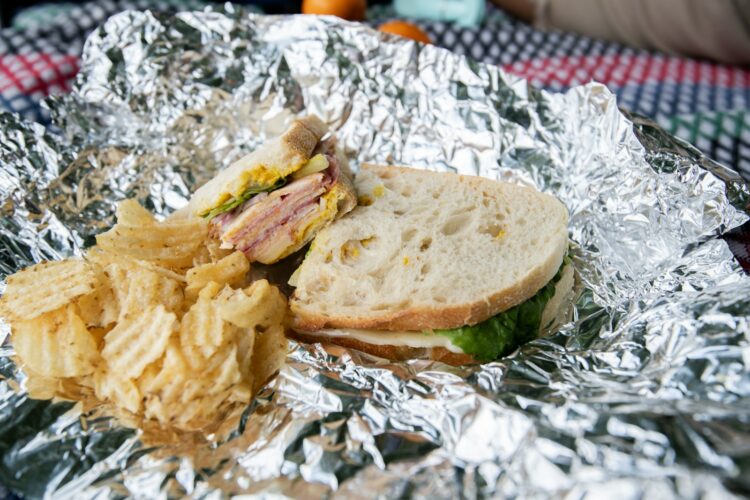
Leftovers weren’t optional. If food wasn’t finished at dinner, it showed up again the next day. You didn’t get to complain or ask for something new. You reheated what you had, ate it again, and moved on. Sometimes, the same dish made repeated appearances for lunch and dinner. Throwing food away wasn’t normal. You learned to eat what was there, even if you were tired of it.
You played outside until the streetlights came on.

There were no GPS trackers or check-ins. You went out after breakfast and came back when the streetlights flickered on. Your parents weren’t worried—they just expected you to follow the rules and stay out of real trouble. You made up games, scraped your knees, and learned how to fill a whole day.
You were taught not to rely on feelings.

If something upset you, the first response wasn’t always comforting. You might get a hug, but you were more likely to get advice or a practical fix. Feelings were acknowledged but not always explored. You were expected to move forward, even if you weren’t ready yet. And that shaped how you handled problems as you got older.
You had one pair of good shoes.
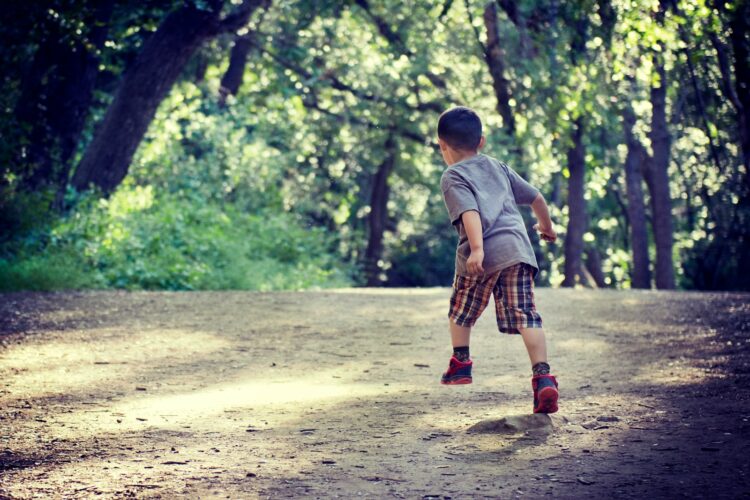
Those shoes stayed in the closet and only came out for special occasions. Weddings, church, picture day—that was it. You didn’t wear them to school or out to play. They were kept clean and polished, not because of vanity, but because they had to last. You knew better than to scuff them up.

